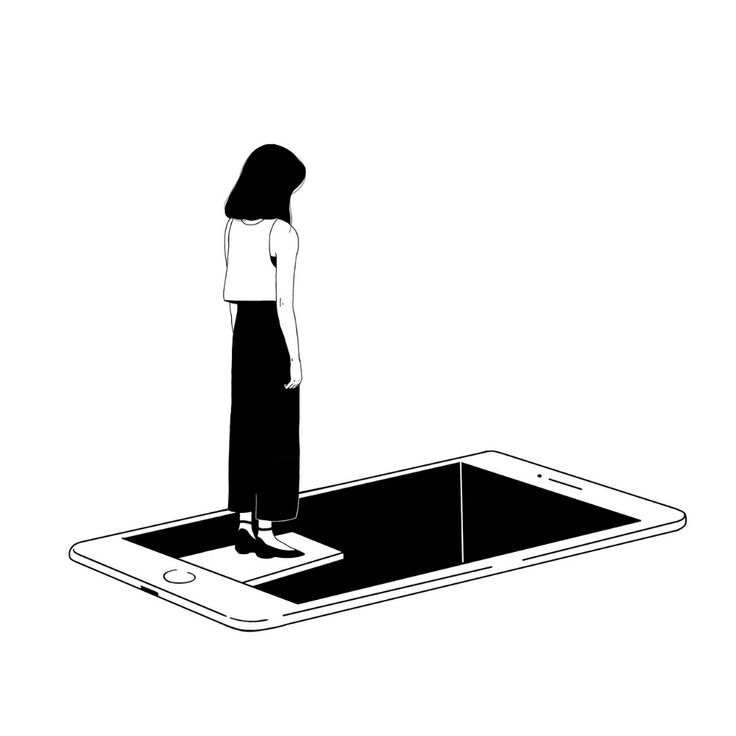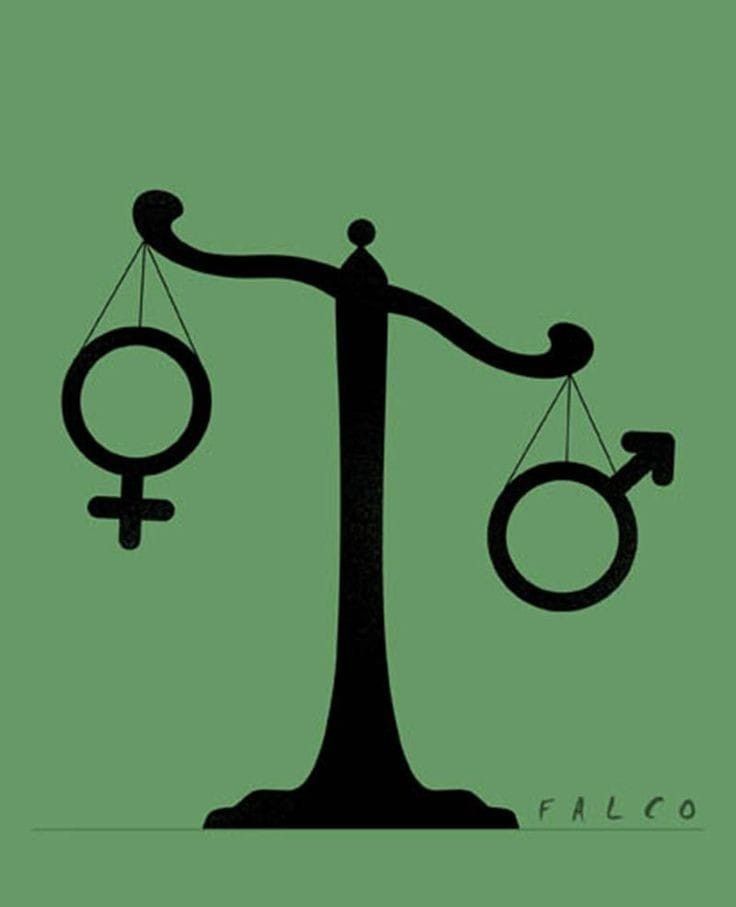“I Don’t Like Broke Men, But I’m Also Broke”: The Dating Dilemma No One Talks About

“I can’t date a broke guy.”
It rolls off the tongue so easily, like truth, like taste, like common sense. And maybe it is. But sometimes, maybe it is also a little delusion.
Because the same girl that says it is texting from her father’s house, still budgeting her monthly allowance.
She is still stretching N10,000 across her next two weeks, still ordering chicken suya on his wallet, not hers.
And if you really sit with it, it starts to sound like a contradiction that no one wants to unpack. A paradox that lives in the mouths of a generation of women who are trying to heal, trying to be soft, trying to be kept, but also still broke.
We want luxury, and we deserve it. But we also want shortcuts to it. And sometimes, we call that love.

Photo Credit: Pinterest
Where “Standards” Start to Look Like Projection
It is easy to talk about standards until the mirror starts talking back.
You want a man who is financially stable — fair. But are you financially stable?
You want someone who owns a car, but do you even own a Keke Napep?
You say you are not “building with any man’s son” — okay, queen, but what have you built on your own?
This is where the discomfort lies. In the gap between what we want and who we currently are. In the unspoken rule that men should have, even when we are still hoping.
Social Insight
Navigate the Rhythms of African Communities
Bold Conversations. Real Impact. True Narratives.
And no, this isn’t about shame, this is about honesty.
Because you can not drag broke men if you are always the first to reduce your screen brightness before opening your bank app.
It Is Not Always Greed. Sometimes, It Is Just Fear
Let's be honest. Let’s not act like Nigerian women are moving mad without context.
We have watched our mothers bend and break to support men who later “upgraded” without them.
We have heard enough “I suffered with him only for him to marry someone else” stories to last a lifetime.
So no, we don’t want to suffer. We don’t want to build with someone who will use us, then forget us once he is made.
We want ease. We want safety. We want comfort.
And if that exit comes wearing a Rolex, driving a Benz, and buying flowers on Fridays? Even better.
So yes, it is a survival strategy. But sometimes, survival makes you suspicious of anyone who reminds you of your own hustle. You start seeing broke as a threat. Not because he is bad, but because he looks too much like you.
Broke Is Not a Character Flaw
Here is where it gets twisted. We have made “broke” an identity — not a season, not a situation, but a full personality trait.
If he doesn’t have money, he is lazy. If he is struggling, he lacks vision. If he is not spoiling you, he is not serious.
But here is the truth nobody wants to say out loud: A lot of these guys are just students, interns, first-job survivors, children of civil servants. They are trying, hustling, praying, surviving, just like you.
But we don’t want someone who mirrors our reality — we want someone who saves us from it. We want a financial Moses. A walking, breathing miracle alert.
Social Insight
Navigate the Rhythms of African Communities
Bold Conversations. Real Impact. True Narratives.
And sometimes, we call that a boyfriend.
Pretty Privilege and Pretty Pressure
There is another layer to this. Because in this country, being a “fine girl” is its own kind of social capital.
Pretty girls are taught that their beauty is a currency. That soft life is the prize for being aesthetically pleasing. That you don’t have to hustle, you just have to be picked.
And when that belief takes root, relationships stop being about compatibility; they start being about compensation.
He should pay, not because he is generous, but because you are fine. He should sponsor, not because he can, but because you are soft.
He should never be broke, because what is the point of all this glow if it is not buying you comfort?
So we fall into roles: The pretty girl who doesn’t ask what she brings to the table. The man who seeks wealth to feel worthy. Both pretending. Both tired.

Photo Credit: Pinterest
The Thing About Double Standards
It is not just about expectations; it is about entitlement.
We expect men to have it all together before they even ask for our number. But we don’t place the same pressure on ourselves.
When a woman is broke, society says she is “in progress.” When a man is broke, society says he is “a problem.”
And that is the imbalance. That is the reason men hide their struggles and women feel no shame posting “God when” from their parents’ couch.
Social Insight
Navigate the Rhythms of African Communities
Bold Conversations. Real Impact. True Narratives.
We don’t allow men to grow into their greatness.
We want it delivered, full package, no delay.
But we give ourselves grace — “I’m still figuring it out,” “Soft life loading,” “I’m not where I want to be yet.”
So what happens when someone holds up a mirror to your checklist and you are not even halfway there?
What Do We Really Want?
Maybe the question isn’t, “Why don’t we like broke men?” Maybe the better question is, “Why are we so afraid of starting small?”
Maybe we are scared that struggle will swallow us like it did our mothers. Maybe we are scared that building together will lead to being left behind. Maybe we are scared that if love isn’t funded, it will feel like lack.
But love is not supposed to be a financial escape route, and dating is not a transaction.
It is okay to want more. But don’t build your desire on someone else’s downfall. Don’t mock a man for being broke if you’d cry if he asked the same of you.
The Mirror Never Lies
“I don’t like broke men” isn’t inherently evil. But when you say it, make sure you are not broke too. Not just in naira, but in perspective.
Because love that starts with shame usually ends in silence.
So before you drag the next man who doesn’t meet your standard, look in the mirror. Check your account. Check your ego. Check your story.
Because broke is not a crime. Pretending you are above it when you are knee-deep in it is the real theft.
Social Insight
Navigate the Rhythms of African Communities
Bold Conversations. Real Impact. True Narratives.
You may also like...
When Sacred Calendars Align: What a Rare Religious Overlap Can Teach Us

As Lent, Ramadan, and the Lunar calendar converge in February 2026, this short piece explores religious tolerance, commu...
Arsenal Under Fire: Arteta Defiantly Rejects 'Bottlers' Label Amid Title Race Nerves!

Mikel Arteta vehemently denies accusations of Arsenal being "bottlers" following a stumble against Wolves, which handed ...
Sensational Transfer Buzz: Casemiro Linked with Messi or Ronaldo Reunion Post-Man Utd Exit!

The latest transfer window sees major shifts as Manchester United's Casemiro draws interest from Inter Miami and Al Nass...
WBD Deal Heats Up: Netflix Co-CEO Fights for Takeover Amid DOJ Approval Claims!

Netflix co-CEO Ted Sarandos is vigorously advocating for the company's $83 billion acquisition of Warner Bros. Discovery...
KPop Demon Hunters' Stars and Songwriters Celebrate Lunar New Year Success!

Brooks Brothers and Gold House celebrated Lunar New Year with a celebrity-filled dinner in Beverly Hills, featuring rema...
Life-Saving Breakthrough: New US-Backed HIV Injection to Reach Thousands in Zimbabwe

The United States is backing a new twice-yearly HIV prevention injection, lenacapavir (LEN), for 271,000 people in Zimba...
OpenAI's Moral Crossroads: Nearly Tipped Off Police About School Shooter Threat Months Ago
ChatGPT-maker OpenAI disclosed it had identified Jesse Van Rootselaar's account for violent activities last year, prior ...
MTN Nigeria's Market Soars: Stock Hits Record High Post $6.2B Deal

MTN Nigeria's shares surged to a record high following MTN Group's $6.2 billion acquisition of IHS Towers. This strategi...
